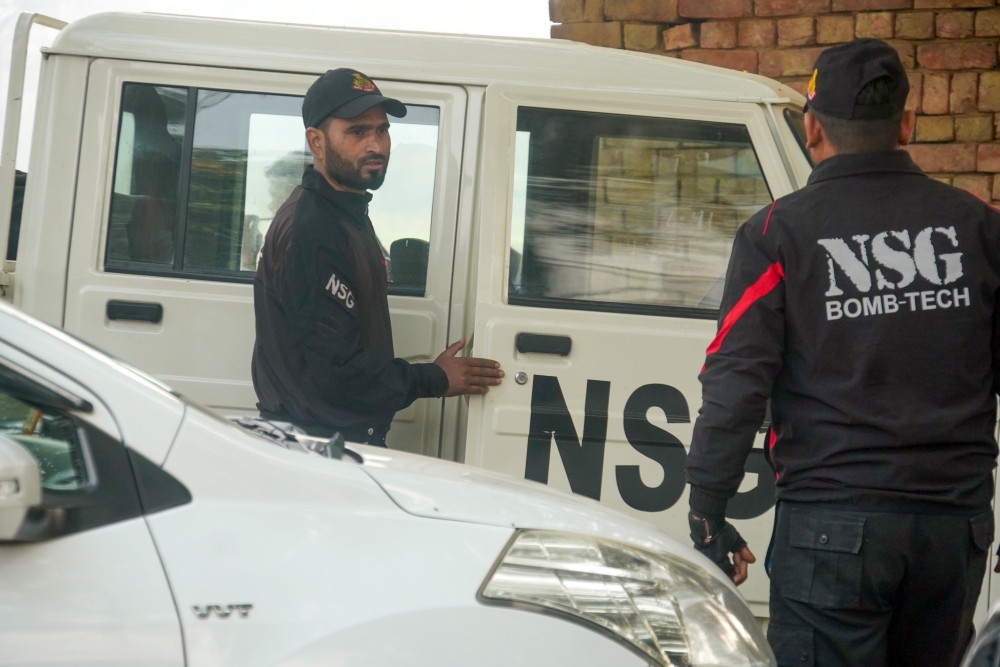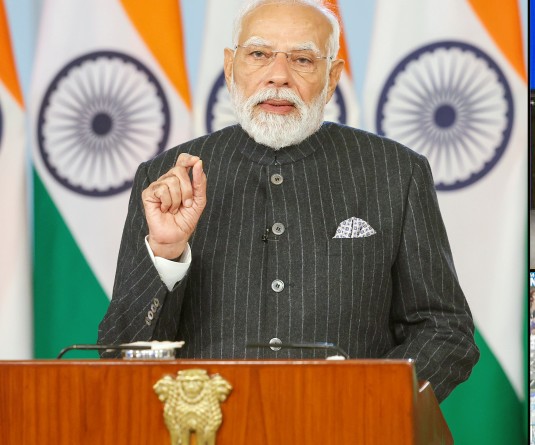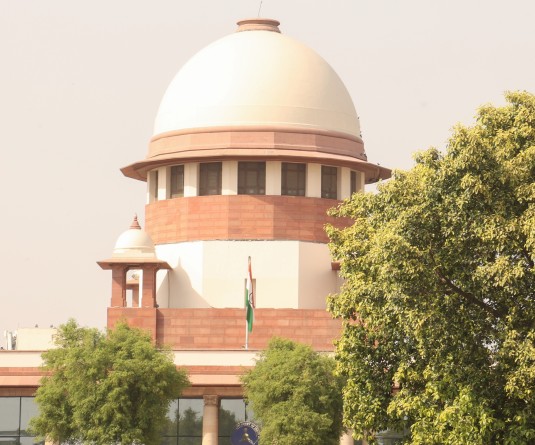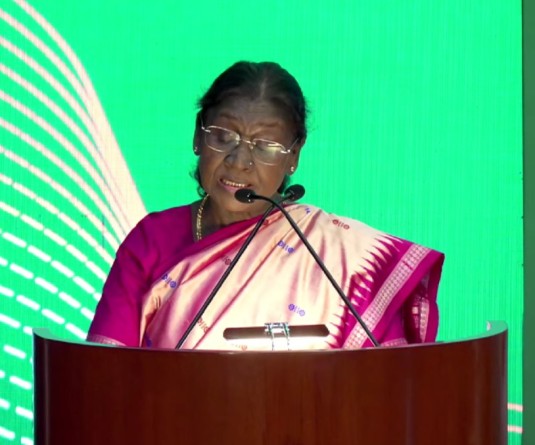IANS Photo

New Delhi, November 27 (IANS): Radicalisation remains a huge challenge in India and Intelligence Bureau officials have flagged the problem and said that there is a dire need to act fast against it.
The busting of the Faridabad module and the subsequent Red Fort blast that claimed 13 lives the next day, signalled the extent of radicalisation that had taken place among the members.
An Intelligence Bureau official said that there is a need to launch a nationwide crackdown on the problem.
The officer also said that the problem persists across the nation and is not restricted to specific regions alone.
The radicalisation taking place in the country is of two types. One is through specific modules and groups that have been set up.
The other is much bigger and far more dangerous. This involves youth being self-radicalised and this problem is bigger than the first kind of radicalisation.
Cyber security officials have been tasked with taking down all propaganda material that is available on the web.
During a series of high-level meetings at New Delhi, it was decided that the problem of radicalisation would have to be dealt with on a war footing, and for this, operations both on the ground as well as online would be carried out.
Many madrasa teachers and clerics are under the scanner of the Intelligence agencies. The process to identify those who specifically indulge in radicalising the youth is already on and the nation may witness scores of arrests very soon.
Further there is a close watch on many clerics operating from abroad. These persons have been roped in by the Pakistani agencies to target Indians and radicalise them.
Experts say that the problem with self-radicalised individuals is that they are far more dangerous. They are found to be more determined and hence, they are lethal when compared to those who are radicalised by others.
Take the case of the Faridabad module. Most of them were self-radicalised. They decided to do everything on their own and did not wait for any support from outside.
Instead they decided to use the salaries they were earning as doctors to procure ammonium nitrate and other chemicals.
Although they were part of a module that was inspired by the Jaish-e-Mohammad, their style of operation was very much on the lines of the Islamic State.
Another official said that the Home Ministry was very clear about taking down modules that indulged in radicalisation. The ministry also specifically instructed officials to focus on online propaganda and take down material that is used for radicalisation.
This would, however, be an ongoing process as terror groups regularly update content that is used to radicalise people.
During the drive, earlier this week, they identified one Maualana Samshul Huda Khan, a government-recognised teacher at a madrasa in Azamgarh, Uttar Pradesh. He was drawing a government salary, availed medical benefits and then opted for voluntary retirement.
The probe found that he was in reality living in the United Kingdom and had gained British citizenship. He is linked to a Pakistan-based religious group and was active in radicalising Indians.
The agencies are also focussing heavily on the southern states after Intelligence agencies warned about a massive radicalisation drive there. States such as Kerala and Tamil Nadu face this problem in abundance and this is largely to do with the Wahhabi influence, officials say.
For years the system looked the other way when preachers from Saudi Arabia visited these states and indulge in large scale radicalisation. The agencies have warned that such radicalisation drives could be re-activated again with a specific aim of targeting the southern states.
During the probe into the Faridabad case, it was found that plans were afoot to set up similar units in almost all regions of the country.






